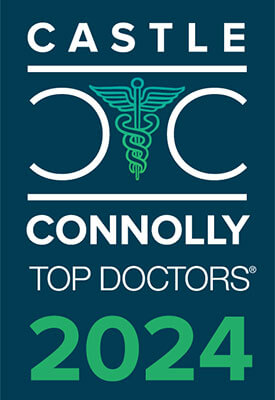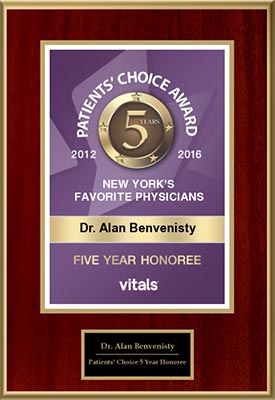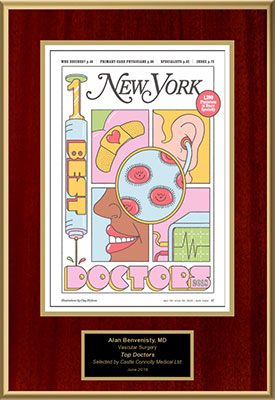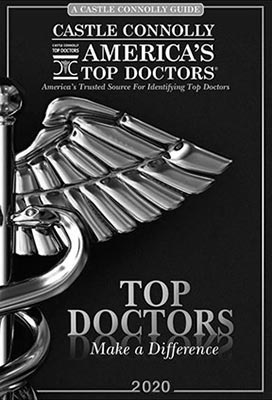Serious Types of Aortic Conditions

The aorta is the largest artery in the human body and carries oxygen-rich blood from the heart to the rest of the body. Any condition that affects the aorta can have serious consequences for cardiovascular health. Aortic conditions can range from relatively mild and manageable to life-threatening emergencies. It is important to understand the serious types of aortic conditions and their causes, symptoms, and treatment options.
Aortic Aneurysm
Aortic aneurysm is a potentially life-threatening condition characterized by the ballooning or bulging of the aortic wall. It can occur in different segments of the aorta, including the abdominal and thoracic areas. Aortic aneurysms often develop silently, with no noticeable symptoms until they rupture, which can be fatal. Risk factors include high blood pressure, smoking, and genetic predisposition. Treatment may involve surgical repair or endovascular stent grafting to prevent rupture.
Aortic Dissection
Aortic dissection is a medical emergency that occurs when a tear in the inner layer of the aortic wall allows blood to enter the wall layers and separate them. This condition can quickly lead to aortic rupture and massive internal bleeding. Severe chest or back pain, often described as tearing or ripping, is the hallmark symptom. Immediate surgery is usually required to repair the tear and prevent further complications.
Aortic Stenosis
Aortic stenosis is characterized by the narrowing of the aortic valve opening, which obstructs blood flow from the heart to the rest of the body. It is most commonly caused by age-related valve calcification or congenital abnormalities. Symptoms may include chest pain, shortness of breath, and fainting. Severe cases often require aortic valve replacement surgery to restore proper blood flow.
Marfan Syndrome
Marfan syndrome is a genetic disorder that affects the connective tissues in the body, including those in the aorta. People with Marfan syndrome are at an increased risk of developing aortic aneurysms and dissections due to the weakening of the aortic wall. Regular monitoring and medication can help manage this condition, but surgical intervention may be necessary if the aorta becomes excessively enlarged.
Aortic Regurgitation
Aortic regurgitation, also known as aortic insufficiency, occurs when the aortic valve does not close properly, allowing blood to leak back into the heart. This can lead to increased strain on the heart and, over time, heart failure. Symptoms may include fatigue, palpitations, and shortness of breath. Treatment options include medication to manage symptoms and valve replacement surgery in severe cases.
Aortitis
Aortitis is the inflammation of the aortic wall, which can result from infections, autoimmune diseases, or other inflammatory conditions. Untreated aortitis can weaken the aortic wall and lead to aneurysms or dissections. Management involves treating the underlying cause with medication and closely monitoring the aorta for any structural abnormalities.
Serious aortic conditions significantly threaten cardiovascular health and require prompt diagnosis and treatment. Regular check-ups are crucial for early detection and intervention, especially for individuals with risk factors such as hypertension or genetic predisposition. Understanding the symptoms and risk factors associated with these conditions can help individuals take proactive steps to safeguard against these silent threats to heart health. If you have symptoms of aortic disease or have been diagnosed with an aortic condition, Dr. Alan Benvenisty, M.D. is a top vascular surgeon who offers advanced aortic condition treatments. Contact his office in NYC to schedule a treatment consultation.
Posted on behalf of
440 West 114th St, Second Floor
New York, NY 10025
Phone: (212) 523-4706
Monday & Friday 9:00 AM – 5:00 PM







